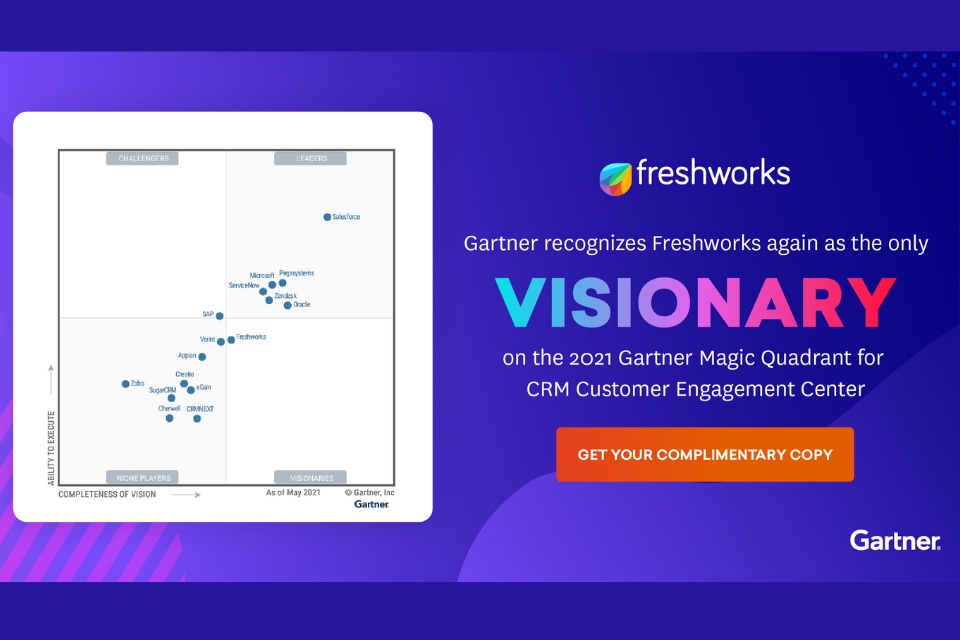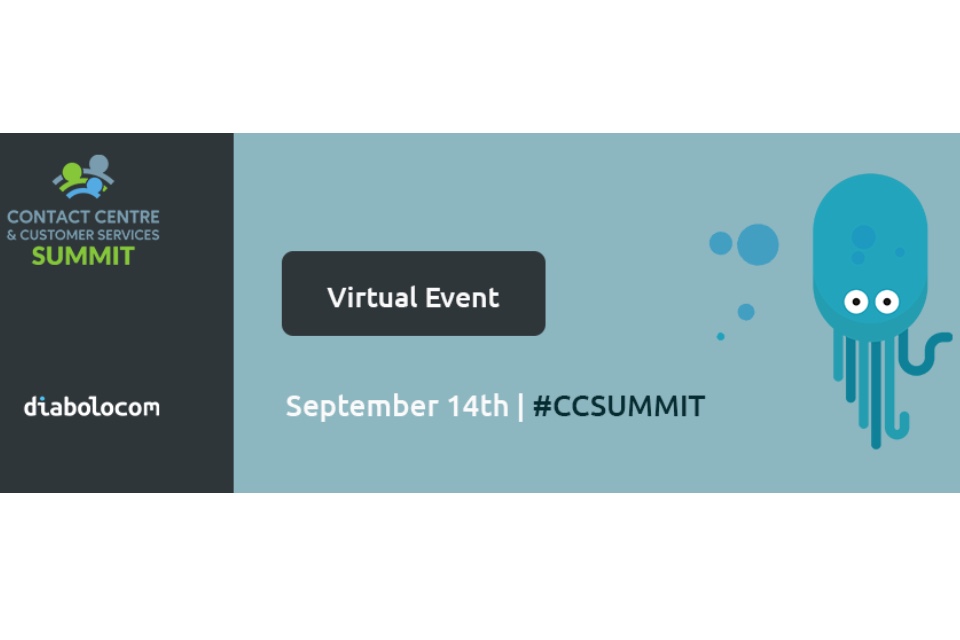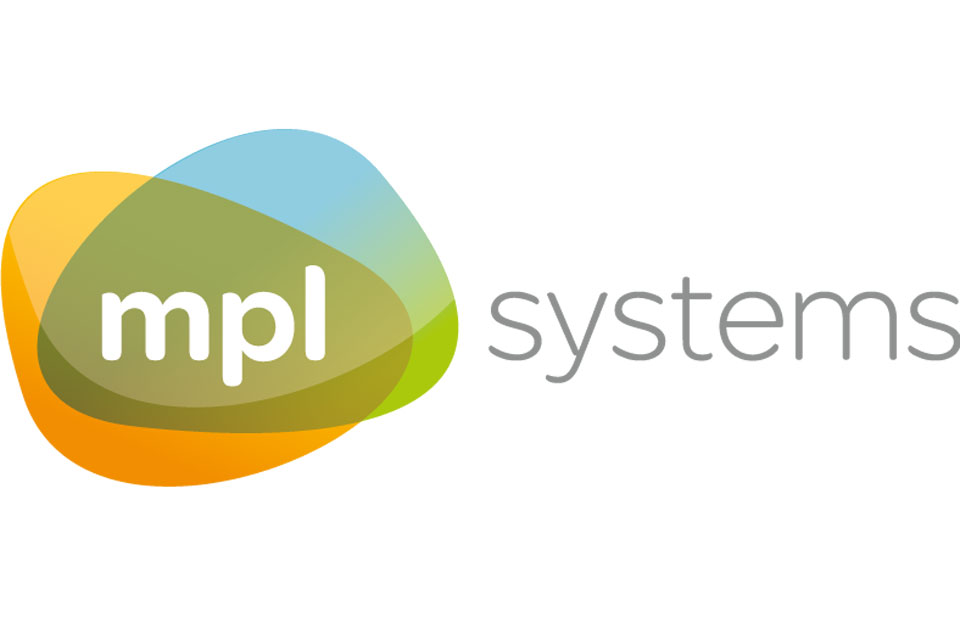CRM MONTH: Putting the contacts into contact centres
https://contactcentresummit.co.uk/wp-content/uploads/2023/12/crm-campaign-creators-huSZMy_MDkk-unsplash.jpg 960 640 Stuart O'Brien Stuart O'Brien https://secure.gravatar.com/avatar/81af0597d5c9bfe2231f1397b411745a?s=96&d=mm&r=gApproaches to CRM in the contact centre have shifted from a transactional model to a more holistic, customer-centric strategy. Here we explore the key developments that have shaped practices in UK contact centres over the past ten years, based on input from attendees at the Contact Centre & Customer Services Summit…
1. Integration of Multichannel Communication
One of the most significant changes has been the shift from single-channel to multichannel, and now to omnichannel communication. A decade ago, phone calls dominated customer interactions in contact centres. Today, the landscape is much more diverse, encompassing email, live chat, social media, and mobile apps. Modern CRM systems integrate these multiple channels into a unified platform, providing a seamless customer experience across all touchpoints. This omnichannel approach ensures consistency in customer service, regardless of how or where a customer chooses to interact.
2. Personalisation Through Data Analytics
Advancements in data analytics have revolutionised CRM in contact centres. A decade ago, personalisation was limited to addressing customers by their first names. Now, CRM systems harness customer data to offer a highly personalised experience. By analysing past interactions, preferences, and purchase history, contact centres can tailor their responses to individual customer needs, enhancing satisfaction and loyalty.
3. The Rise of AI and Automation
Artificial Intelligence (AI) and automation have brought about significant efficiencies in CRM. AI-driven chatbots and virtual assistants can handle routine queries, freeing up human agents to deal with more complex issues. Predictive analytics, a feature of advanced CRM systems, anticipates customer inquiries and problems, allowing for proactive service. This technology has not only improved efficiency but also customer engagement.
4. Focus on Customer Experience and Feedback
There has been a paradigm shift from a product-centric to a customer-centric approach in CRM. Contact centres now place a greater emphasis on the overall customer experience. This involves not just resolving queries effectively but also ensuring a pleasant interaction. Feedback mechanisms, such as post-call surveys and social media monitoring, are integral to this approach, providing valuable insights that drive continuous improvement.
5. Cloud-Based CRM Solutions
The adoption of cloud-based CRM solutions has been a game-changer. Compared to the on-premises systems of the past, cloud CRM offers greater flexibility, scalability, and cost-efficiency. It allows contact centre agents to access the system from anywhere, which has been particularly beneficial in the recent shift to remote working.
6. Compliance and Security
With the introduction of regulations like GDPR, there has been an increased focus on data protection and privacy in CRM. Contact centres must ensure that customer data is handled securely and in compliance with legal standards. This has led to the development of more secure CRM systems with enhanced data protection features.
Conclusion
In conclusion, the last decade has seen transformative changes in CRM within UK contact centres. The evolution towards omnichannel communication, personalised service through data analytics, AI and automation integration, a focus on customer experience, cloud-based solutions, and stringent data compliance has significantly enhanced how contact centres manage and foster customer relationships. As technology continues to advance, CRM strategies are likely to become even more customer-focused, data-driven, and technologically sophisticated.
Are you looking for CRM solutions for your contact centres? The Contact Centre & Customer Services Summit can help!
Photo by Campaign Creators on Unsplash







